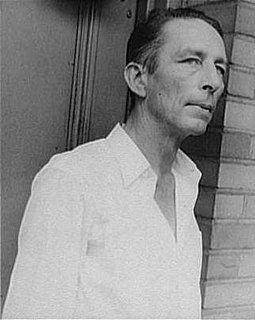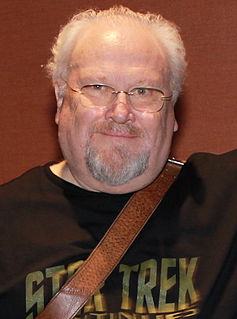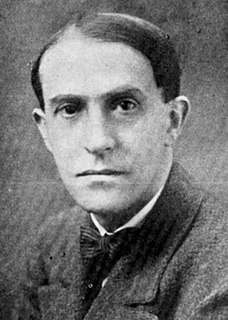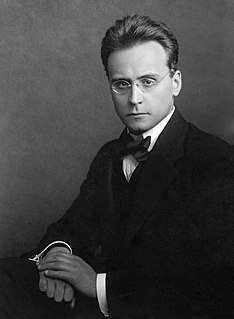A Quote by Aristotle
The structural unity of the parts is such that, if any one of them is displaced or removed, the whole will be disjointed and disturbed. For a thing whose presence or absence makes no visible difference is not an organic part of the whole.
Related Quotes
I believe that the universe is one being, all its parts are different expressions of the same energy... parts of one organic whole.... (This is physics, I believe, as well as religion.) The parts change and pass, or die, people and races and rocks and stars; none of them seems to me important in itself, but only the whole. This whole is in all its parts so beautiful, and is felt by me to be so intensely in earnest, that I am compelled to love it, and to think of it as divine.
"Pieces" almost always appear 'as parts' in whole processes. ... To sever a "'part" from the organized whole in which it occurs-whether it itself be a subsidiary whole or an "element"-is a very real process usually involving alterations in that "part". Modifications of a part frequently involve changes elsewhere in the whole itself. Nor is the nature of these alterations arbitrary, for they too are determined by whole-conditions.
We live in succession, in division, in parts, in particles. Meantime within man is the soul of the whole; the wise silence; the universal beauty, to which every part and particle is equally related, the eternal ONE. And this deep power in which we exist and whose beatitude is all accessible to us, is not only self-sufficing and perfect in every hour, but the act of seeing and the thing seen, the seer and the spectacle, the subject and the object, are one. We see the world piece by piece, as the sun, the moon, the animal, the tree; but the whole, of which these are shining parts, is the soul.
Modern physics has taught us that the nature of any system cannot be discovered by dividing it into its component parts and studying each part by itself... We must keep our attention fixed on the whole and on the interconnection between the parts. The same is true of our intellectual life. It is impossible to make a clear cut between science, religion, and art. The whole is never equal simply to the sum of its various parts.
Inasmuch as every family is a part of a state, and these relationships are the parts of a family, and the virtue of the part must have regard to the virtue of the whole, women and children must be trained by education with an eye to the constitution, if the virtues of either of them are supposed to make any difference in the virtues of the state. And they must make a difference: for the children grow up to be citizens, and half the free persons in a state are women.
The progress of science requires the growth of understanding in both directions, downward from the whole to the parts and upward from the parts to the whole. A reductionist philosophy, arbitrarily proclaiming that the growth of understanding must go only in one direction, makes no scientific sense. Indeed, dogmatic philosophical beliefs of any kind have no place in science.
But if you do know what is taught by plants and weather, you are in on the gossip and can feel truly at home. The sum of a field's forces [become] what we call very loosely the 'spirit of the place.' To know the spirit of a place is to realize that you are a part of a part and that the whole is made or parts, each of which in a whole. You start with the part you are whole in.
Unity is surely the indispensable thing if meaning is to exist. Unity, to be very general, is the establishment of the utmost relatedness between all component parts... the aim is to make as clear as possible the relationships between the parts of the unity; in short, to show how one thing leads to another.
There is no such thing as experience here. You seem to know, you imagine. Imagination must come to an end...I don't know how to put it. The absence of imagination, the absence of will, the absence of effort, the absence of all movement in any direction, on any level, in any dimension - THAT is the thing. That is a thing that cannot be experienced at all. It is not an experience.







































